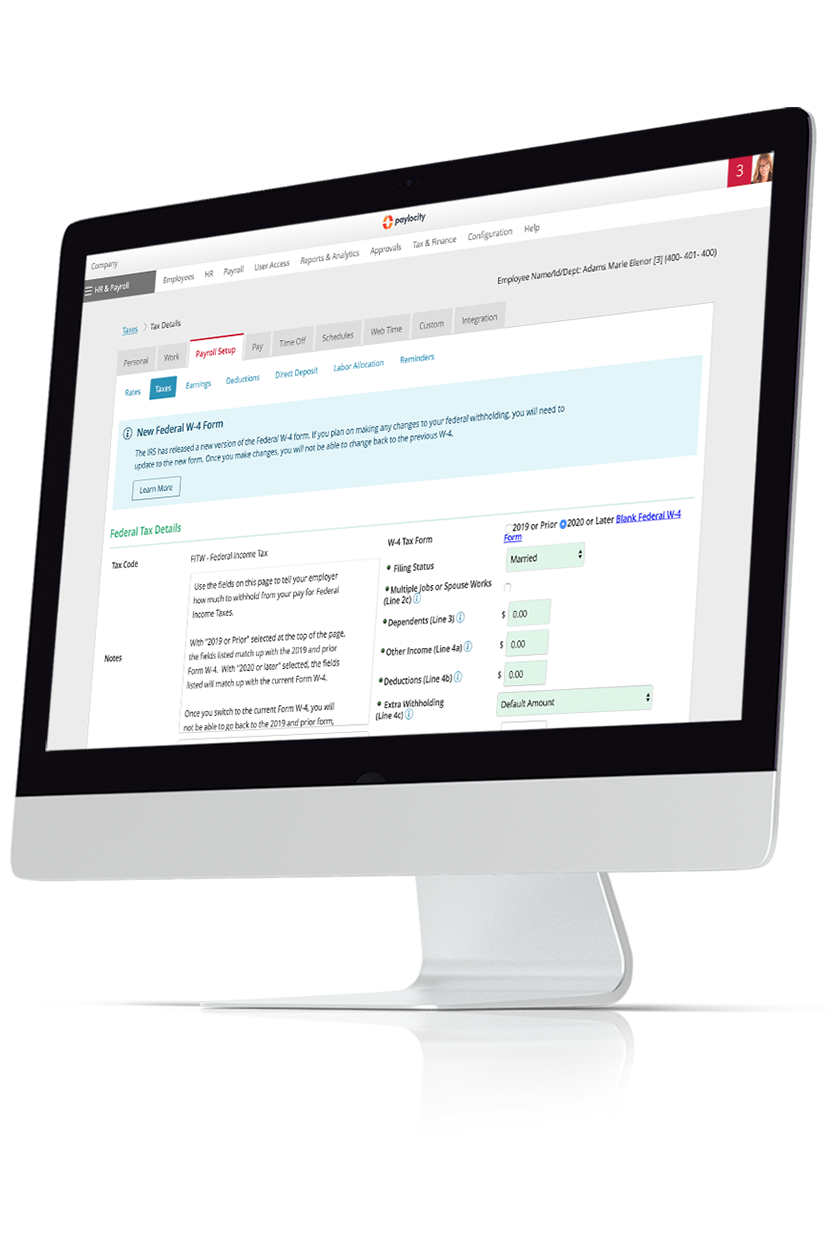Employer Identification Number (EIN)
Summary Definition: A unique nine-digit identifier assigned to businesses by the Internal Revenue Service (IRS) for use in tax filings or other legal documents.
What is an Employer Identification Number (EIN)?
An Employer Identification Number (EIN), also called a Federal Tax ID, is a unique nine-digit number assigned to a business by the Internal Revenue Service (IRS). It's used to report taxes and for legal purposes, such as filing for contracts or loans.
All businesses with payroll taxes and employees are required to have an EIN. This includes corporations, limited liability companies (LLCs), trusts, and nonprofits. Even businesses without employees may need one for certain purposes, such as opening a business bank account.
EINs are formatted as XX-XXXXXXX. As of 2001, the two-number prefix no longer indicates the geographic location of the business, but which IRS campus assigned the number.
Key Takeaways
- An EIN is a unique nine-digit number assigned to a business by the IRS. It’s essentially the business equivalent of a Social Security Number (SSN).
- It's used to report taxes and for legal purposes, such as filing for contracts or loans.
- EINs are one of several types of Taxpayer Identification Numbers (TINs) that the IRS uses to identify persons or entities in tax filings.
What is an EIN Used For?
As the business equivalent of a Social Security Number (SSN), an EIN's primary use is in filing taxes and identifying a business in government documents.
Employers must use their EIN when reporting wages paid to employees on IRS forms such as Form 941, Employer’s Quarterly Federal Tax Return, and Form W-2 Wage and Tax Statement.
Other uses include:
- Opening a business bank account
- Applying for business licenses and permits
- Setting up payroll
- Purchasing business insurance
- Applying for loans
How to Get an EIN
Businesses can apply for an EIN directly from the IRS using a user-friendly online application or by manually completing and submitting a Form SS-4. Find out where to mail Form SS-4 on the IRS' website.
This form requires the applicant to provide information, such as their name and address, type of entity, and number of employees. It also includes questions about the purpose of the business and its legal structure.
How long does it take to get an EIN?
Online applicants will receive an EIN immediately after application. Those who apply by mail have to wait up to four weeks.
How to Find Your EIN
If you've lost your EIN, there are several places you could look to find it.
- Locate the computer-generated notice the IRS issued when you applied for your EIN.
- Contact any bank or agency to whom you may have previously submitted business-related documents or applications.
- Reference a previously filed tax return from your business.
- If all else fails, call the IRS' Business & Specialty Tax Line at (800) 829-4933. You'll just have to answer some identifying information to verify you're the owner of the business or an authorized person.
EIN vs. TIN: Types of Tax IDs
An EIN is one of several types of Taxpayer Identification Numbers (TINs) the IRS uses to identify persons or entities in tax filings. Others include SSNs, ITINs, ATINs, and PTINs:
| Type of TIN | Meaning and Use |
|---|---|
| EIN | Employer Identification Number – Issued to employers, such as LLCs, nonprofits, or corporations, as well as some sole proprietorships. |
| SSN | Social Security Number – Issued to individuals by the Social Security Administration. Most U.S. citizens use this to file their personal taxes. |
| ITIN | Individual Taxpayer Identification Number – Available for certain nonresident and resident aliens, their spouses, and dependents who can't get an SSN. |
| ATIN | Adoption Taxpayer Identification Number – Issued to individuals who are in the process of legally adopting a child but who can’t get an SSN for that child in time to file their tax return. |
| PTIN | Preparer Tax Identification Number – Issued to paid tax preparers, such as CPAs assisting with filings. |

Get Taxes Done Right, Without the Stress
We know there's a lot that goes into preparing and filing payroll tax forms. Save time and get support from our expert team. As a Registered Reporting Agent with the IRS, we can help prepare and file all the necessary forms you need to remain compliant - even in the face of changing legislation. Learn more here.